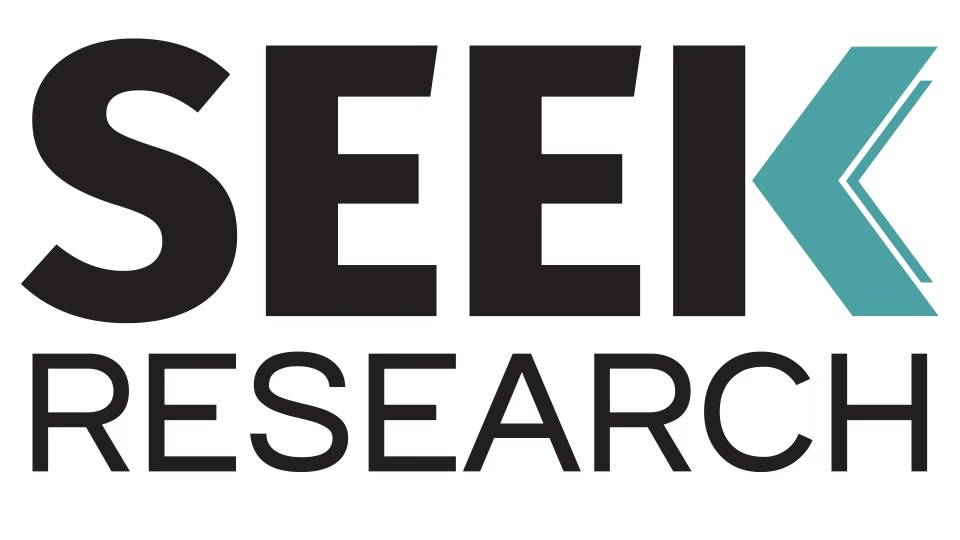Philadelphia’s housing crisis isn’t just about affordability or construction delays — it’s about access. Thousands of properties can’t even be touched because ownership is legally unclear.
According to a 2021 report by The Pew Charitable Trusts, more than 10,000 residential properties in the city are “tangled” in unclear ownership, often tied to estates where the legal title was never formally transferred. That means thousands of homes — many of them occupied — are sitting in a kind of legal limbo, locked out of the systems that enable investment, repairs, or sale.
These properties aren’t just frozen on paper — they’re frozen in purpose. Families can’t invest in them, cities can’t build on them, and communities are left waiting for progress that never comes.
The Scope of the Problem
The Pew report defines a tangled title as a situation where someone believes they own a property — often because they inherited it or have lived there for years — but the deed is still in the name of a deceased relative or past owner.
In Philadelphia alone:
- An estimated 1 in 10 low-income homeowners may be living in a tangled title situation
- Tangled titles are more common in Black communities, where generational property transfer often happens outside of formal probate
- Many affected properties are in high-poverty neighborhoods, where these homes represent a major source of generational wealth
Without clear title, the current occupant cannot:
- Sell or transfer the property legally
- Access homeowner’s insurance or financial assistance
- Apply for city-funded home repair grants
- Use the home as collateral or refinance
- Protect it from deed fraud or forced sale
And when a home sits in this kind of limbo, it’s vulnerable — to deterioration, tax delinquency, or even being lost entirely.
The Ripple Effect on Housing Access
The implications go far beyond any single household. When title isn’t clear, a property becomes functionally unavailable — even if it’s occupied. It can’t be sold, redeveloped, or passed down cleanly. It becomes stuck.
For cities like Philadelphia, that adds up to:
- Thousands of underutilized homes
- Barriers to new development in high-need areas
- Delays in stabilizing or revitalizing neighborhoods
- Increased legal disputes and administrative backlog in probate courts
- And greater risk of deed fraud — forged documents are more likely to be filed when no one is actively protecting or managing the title
And the impact doesn’t just hit individuals — it slows down investors, developers, and even city agencies working to bring more housing online.
Why These Titles Stay Tangled
Tangled titles persist for a few key reasons:
- Families don’t realize that probate or legal transfer is required after death
- Probate is time-consuming and expensive — especially burdensome for low-income households
- Heirs are scattered or unknown, making legal clearance more complicated
- There’s no immediate incentive to resolve title when the property isn’t being sold
In many cases, people only discover the issue when it’s too late — during a sale, a refinance, or after a crisis.
What It Takes to Untangle the Gridlock
This is exactly the kind of challenge that requires collaboration — not just legal expertise, but persistence, deep research, and partnerships that bridge the gap between community needs and city systems.
Tangled title resolution is deeply needed.
Untangling title means:
- Preserving homes for future generations
- Increasing housing supply without new construction
- Bringing hidden inventory back into circulation
- Protecting long-term residents from loss and displacement
It also opens the door for developers, cities, and impact investors to engage with properties that have been off-limits for decades.
Why This Work Matters
Tangled titles don’t just lock up properties — they prevent progress.
If cities want to increase housing access, protect generational wealth, and revitalize neighborhoods, they’ll need better tools, clearer pathways, and more integrated partnerships to solve the ownership gridlock happening right under their feet.
Because when ownership is clear, families can invest in their homes, cities can unlock development, and communities can move forward.




